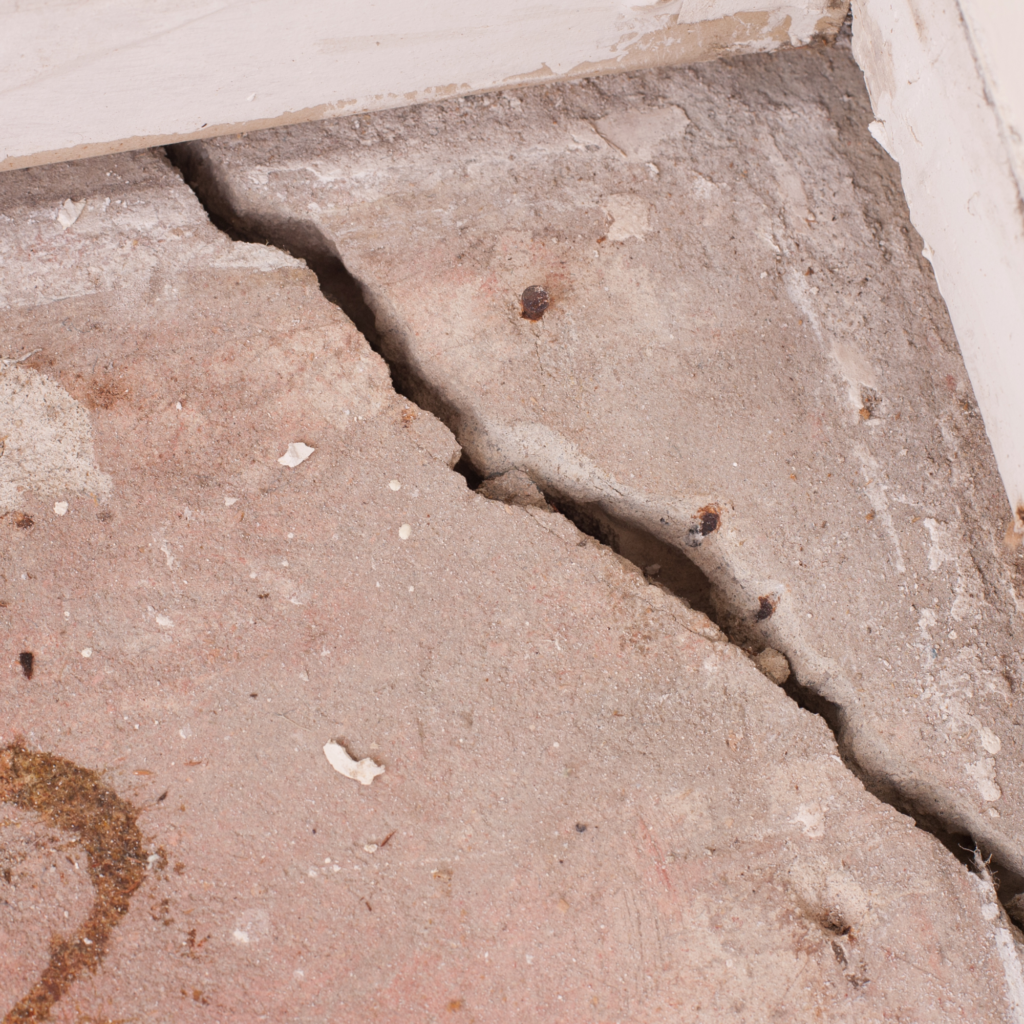Are you in need of a reliable solution for your cracked or damaged concrete foundation? Finding the right professional for the job can save you time, money, and future stress. Let us guide you to make the best choice for your home’s stability and safety!
Choosing the right foundation repair contractor is vital to protecting your home and investment. This guide provides 10 actionable tips to help you evaluate contractors, from checking credentials and reviews to understanding warranties and pricing. Learn how to make a confident, informed decision for your home’s foundation repair needs.
Why Do Concrete Foundations Crack?
Concrete foundations crack for a variety of reasons, often stemming from natural processes or environmental factors. One common cause is shrinkage during curing, where the concrete loses moisture as it dries, creating small, hairline cracks. While these are usually cosmetic, they can worsen over time if not monitored. Similarly, soil movement beneath the foundation, such as expansion during heavy rains or contraction during droughts, can exert pressure on the concrete and lead to cracks. Poor drainage is another culprit, as excess water around the foundation increases hydrostatic pressure, pushing against the walls and causing cracks, particularly in basements and crawl spaces.
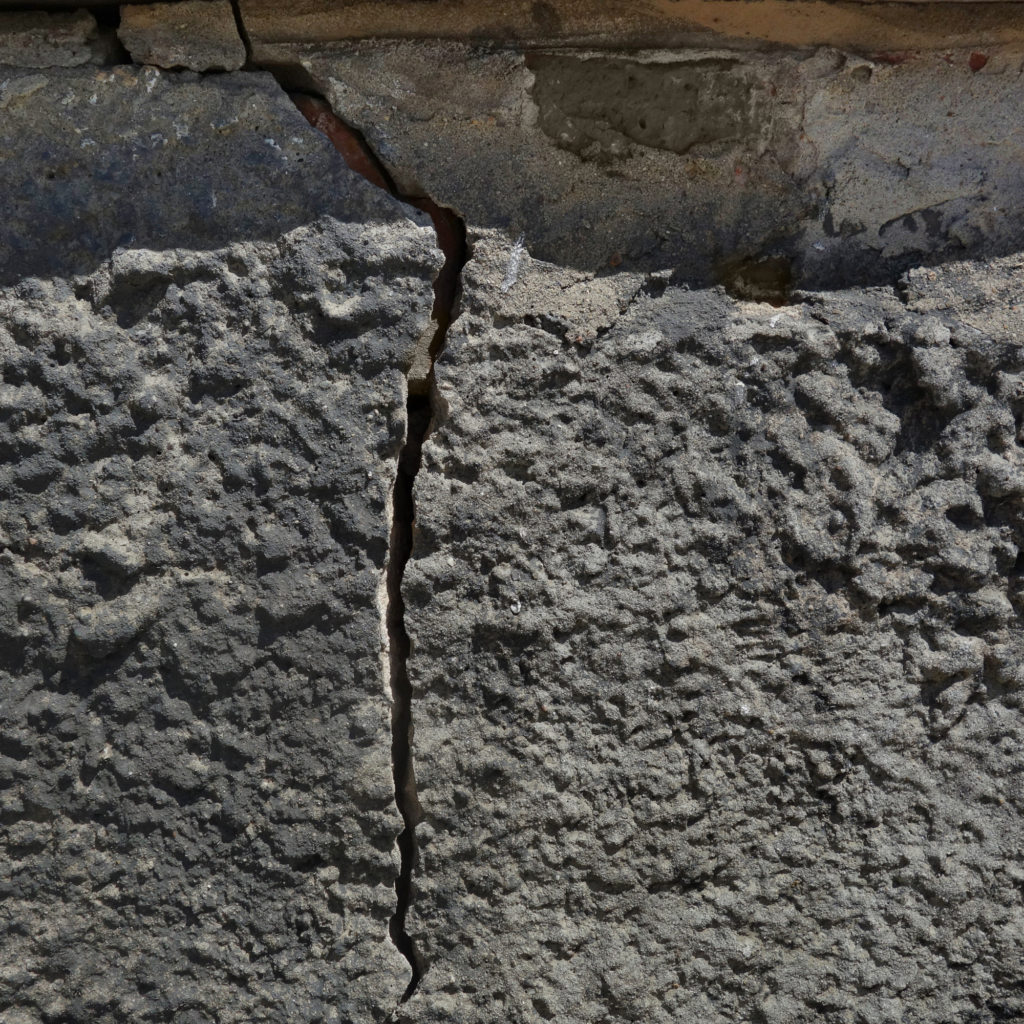
Other factors include settling or shifting of the foundation, which occurs when the soil beneath is uneven or weak, and temperature changes, where repeated cycles of freezing and thawing create stress on the foundation. Overloading the foundation with excessive weight or improperly distributed loads can also lead to vertical or horizontal cracks. Additionally, poor construction practices, such as inadequate reinforcement or improper curing, weaken the foundation and make it more prone to cracking. Even external factors, like tree roots growing near the foundation, can disrupt the surrounding soil and contribute to cracks. Identifying the root cause is essential for addressing and preventing further damage.
10 Tips for Choosing a Foundation Repair Contractor
1. Verify Licenses and Insurance
Why It Matters:
Licensed and insured contractors meet professional standards and protect you from liability in case of accidents or damage during the project.
What to Look For:
- State-required licenses for foundation repair
- General liability and worker’s compensation insurance
- Proof of bonding for added security
Hiring a contractor without proper credentials exposes you to risks, including financial loss or subpar work. A licensed contractor has undergone training and testing to meet industry regulations, while insurance ensures that you’re not liable for accidents or damages.
Checking these qualifications not only safeguards your investment but also gives you confidence in the contractor’s professionalism.
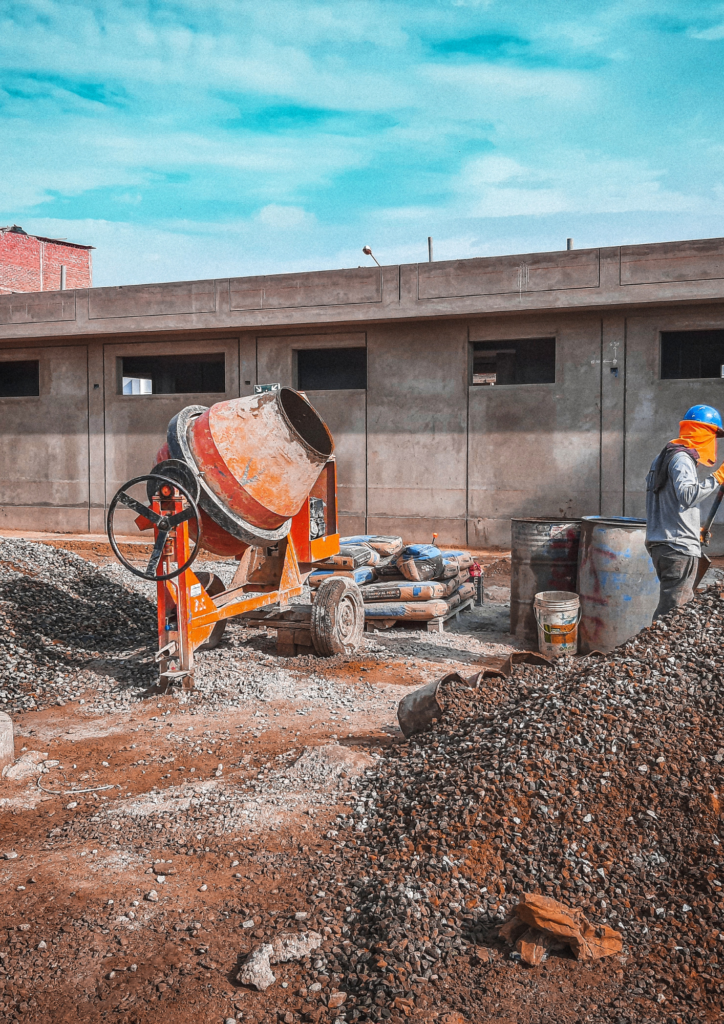
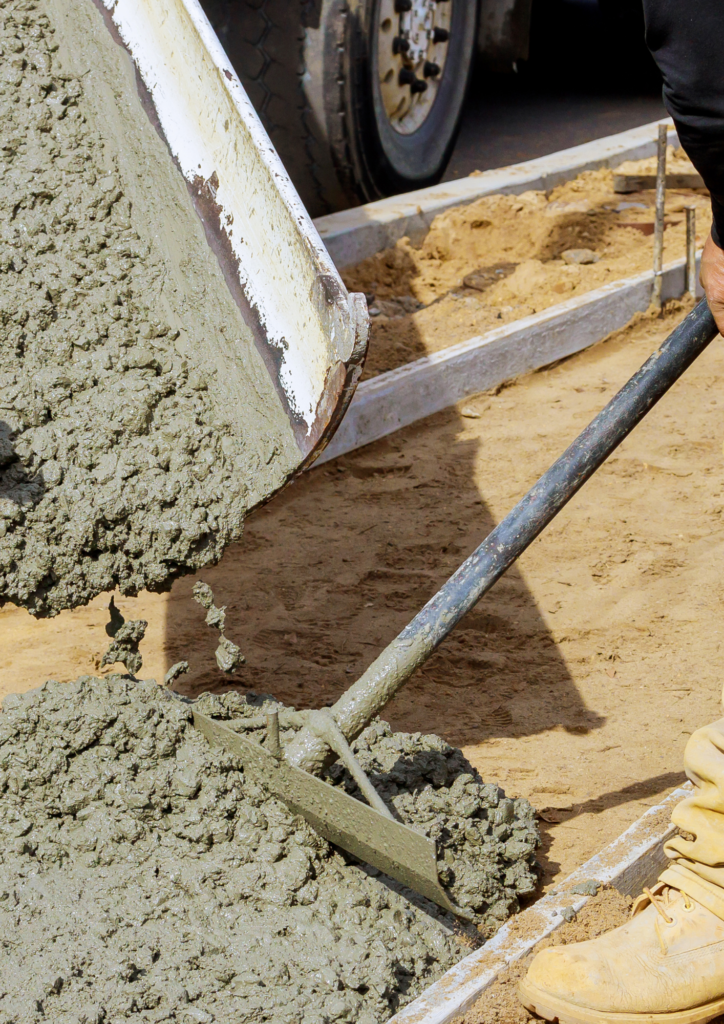
2. Look for Specialization in Foundation Repair
Why It Matters:
Foundation repair is highly specialized, requiring unique tools, techniques, and expertise to address structural issues effectively.
What to Look For:
- Contractors who focus exclusively or primarily on foundation repair
- Experience with specific repair methods (e.g., piering, slabjacking, helical piers)
- Knowledge of your foundation type (slab, crawl space, or basement)
General contractors may lack the expertise needed to address underlying foundation problems thoroughly.
Specialized contractors are trained to identify the root causes and use appropriate solutions, ensuring the repairs are not just cosmetic but long-lasting and effective. Their experience also minimizes the chances of errors that could worsen the problem.
3. Check Reviews and References
Why It Matters:
Customer feedback provides real-world insights into a contractor’s reliability, work quality, and professionalism.
What to Look For:
- Verified reviews on Google, Yelp, or the Better Business Bureau
- Testimonials on the contractor’s website
- References from past clients
Consistently positive reviews and strong references signal a contractor who values customer satisfaction and delivers high-quality results. Negative reviews or patterns of complaints are red flags.
Taking the time to read reviews and speak to references helps you avoid unreliable contractors and build confidence in your choice.
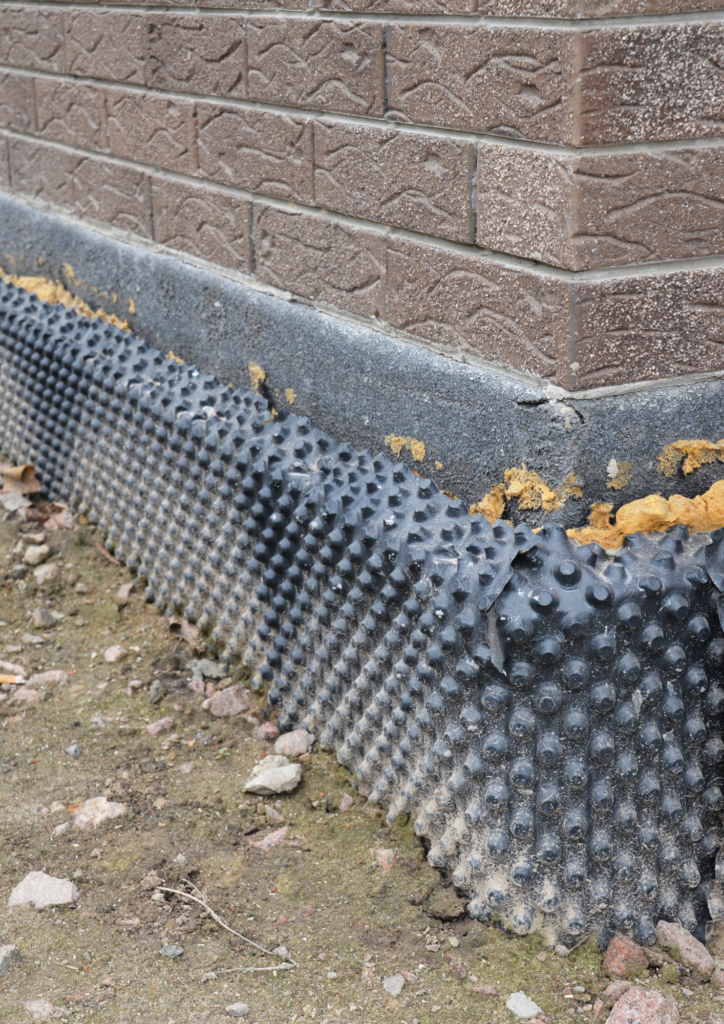
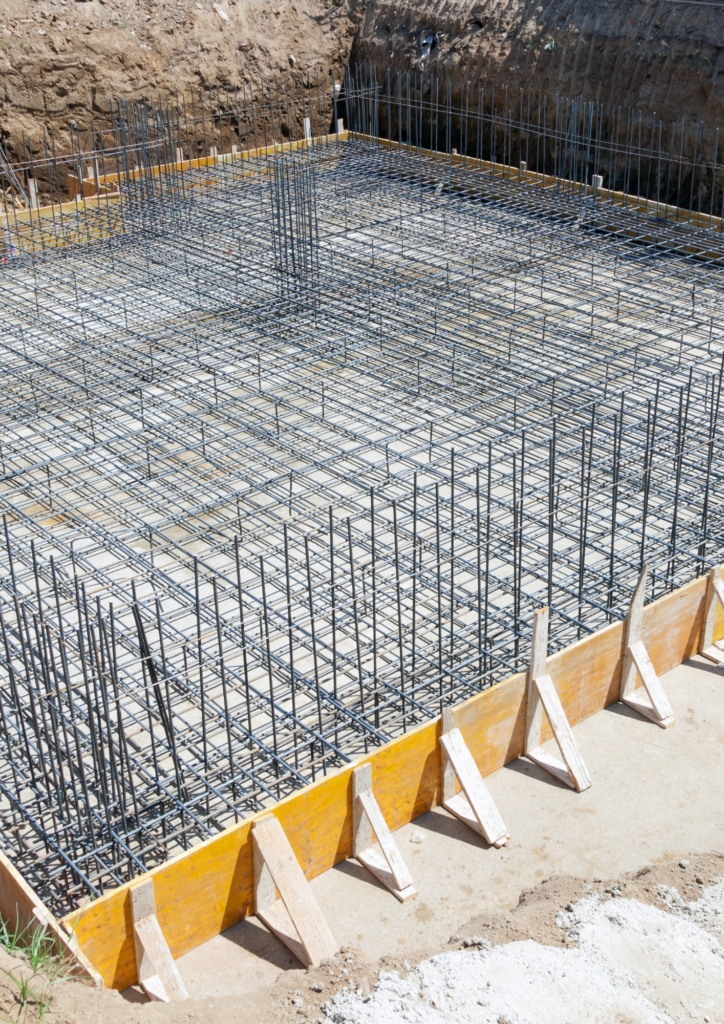
4. Evaluate Experience and Track Record
Why It Matters:
An experienced contractor is more likely to deliver dependable results and handle unexpected challenges.
What to Look For:
- Years in business
- Completed projects similar to yours
- A portfolio of successful work
Contractors with years of experience have likely encountered a variety of foundation issues and developed effective solutions.
Their proven track record demonstrates not only skill but also the ability to adapt to complex or unique problems, ensuring your project is handled professionally from start to finish.
5. Request a Thorough Inspection and Estimate
Why It Matters:
A detailed inspection ensures the contractor fully understands the issue before proposing a solution or providing a quote.
What to Look For:
- A comprehensive assessment of visible and hidden foundation issues
- A written estimate detailing labor, materials, and timelines
- Transparency about potential additional costs
A thorough inspection reveals the true extent of the problem, allowing for an accurate diagnosis and tailored solution. A contractor who skips this step may rely on generic fixes, risking incomplete repairs.
Detailed estimates help you plan your budget while ensuring there are no surprises once work begins.

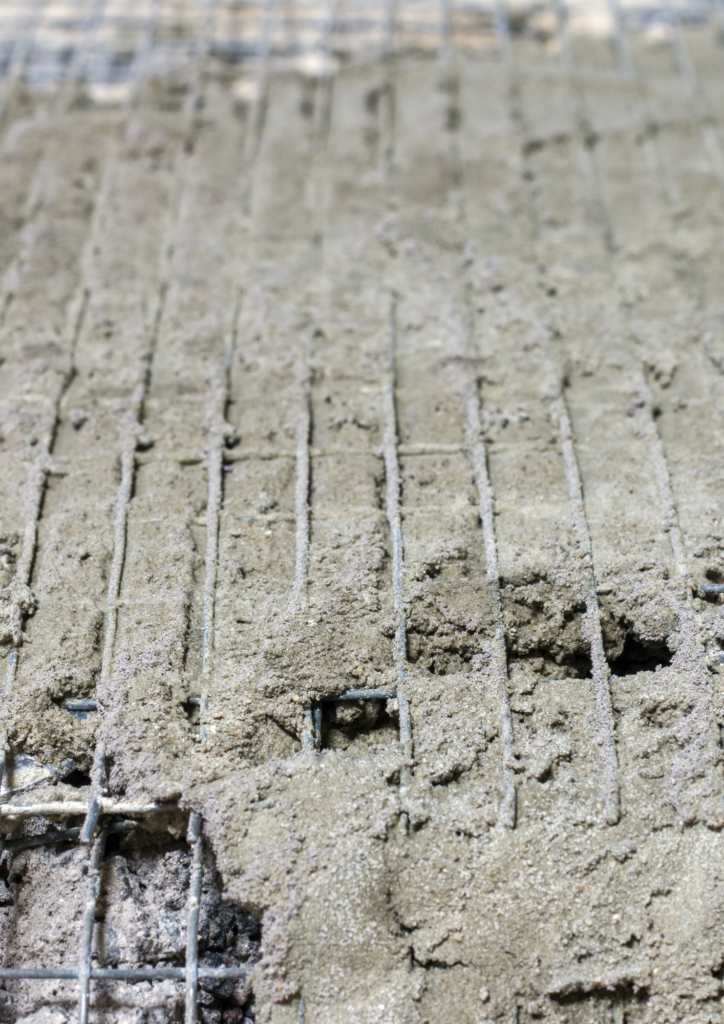
6. Compare Repair Methods
Why It Matters:
The right repair method depends on the specific issue and your foundation type, so understanding the proposed solution is critical.
What to Look For:
- An explanation of the recommended method (e.g., piering, slabjacking)
- Discussion of alternatives if applicable
- Materials and techniques designed for long-term durability
A contractor’s ability to explain repair methods shows their expertise and commitment to finding the best solution for your problem.
Rushing into a single method without considering alternatives can result in inadequate or unnecessary repairs. A knowledgeable contractor will tailor their approach to your specific needs, ensuring effective and lasting results.
7. Ask About Warranties and Guarantees
Why It Matters:
A warranty offers protection and peace of mind, ensuring the contractor stands behind their work.
What to Look For:
- A written warranty covering materials and workmanship
- Clear terms about coverage and duration
- A contractor willing to resolve issues promptly
Warranties reflect the contractor’s confidence in their work and materials. Contractors who avoid offering warranties may not be confident in the quality of their repairs.
A strong warranty ensures that if issues arise, they’ll be addressed without additional costs to you.


8. Ensure Clear Communication
Why It Matters:
Good communication ensures you’re informed and aligned with the contractor throughout the project.
What to Look For:
- Prompt responses to your questions
- Detailed explanations of the repair process
- Regular updates on project progress
A contractor who communicates clearly demonstrates professionalism and respect for your time. Miscommunication can lead to delays or unexpected costs. Clear, open dialogue ensures a smoother process and builds trust between you and the contractor.
9. Review Pricing and Payment Options
Why It Matters:
Fair and transparent pricing helps you stay within budget while ensuring quality work.
What to Look For:
- A detailed breakdown of costs
- Payment plans or financing options if needed
- Avoidance of large upfront payments
While cost is important, the lowest bid isn’t always the best choice. Extremely low prices may signal subpar materials or rushed work.
Fair pricing combined with flexible payment options makes foundation repair more manageable without compromising on quality.
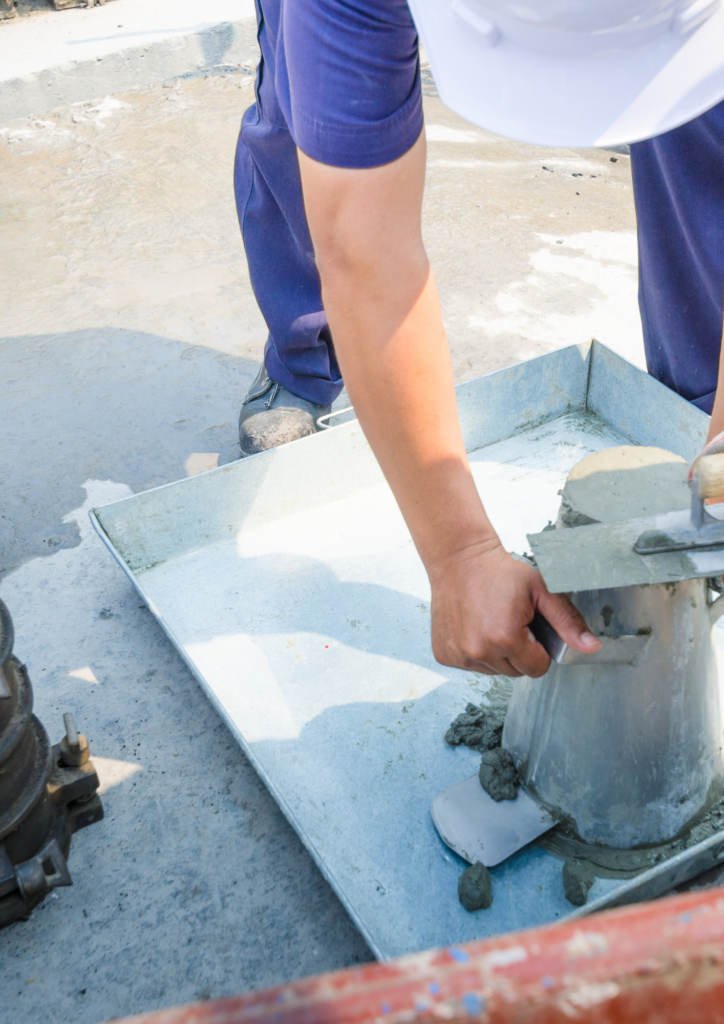

10. Check for Local Knowledge
Why It Matters:
Local contractors are familiar with the unique soil and climate conditions that can affect your foundation.
What to Look For:
- Experience in your region
- Familiarity with local building codes
- Knowledge of area-specific foundation issues
Soil composition and weather patterns vary by location and can have a significant impact on foundation stability.
A local contractor’s expertise ensures they understand how these factors affect your home and can tailor their solutions accordingly.
Who Knows Foundations? We Do!
At Who Knows Backyards, we know how important it is to find the right foundation repair contractor. That’s why we’ve created a network of vetted, verified professionals who specialize in delivering quality results.
With our trusted reviews and resources, you can confidently choose a contractor who will address your foundation issues with care and expertise. Protect your home and enjoy peace of mind knowing your repairs are in good hands.
Ready to find your trusted foundation repair expert? Let us help you connect with the right contractor!

